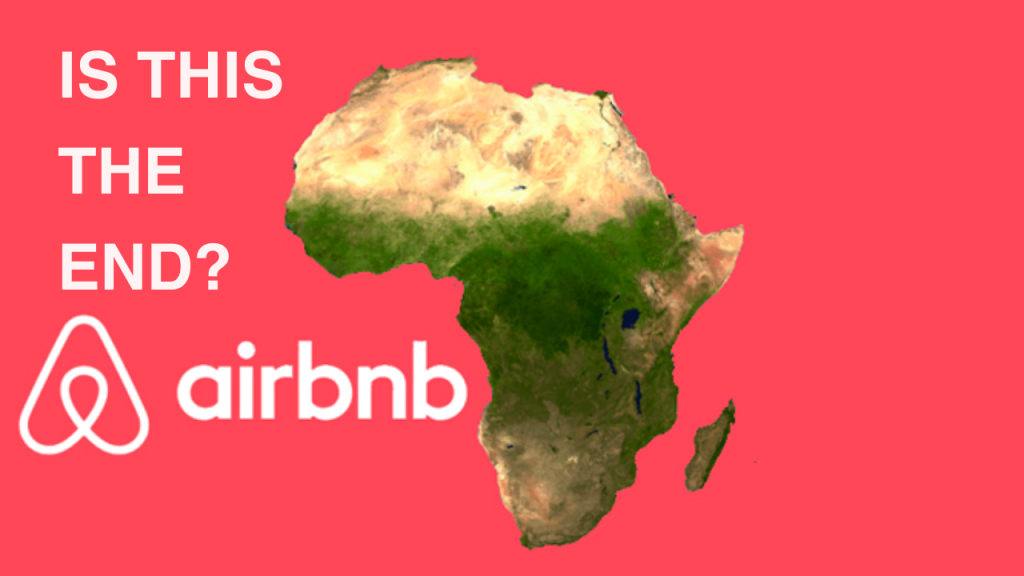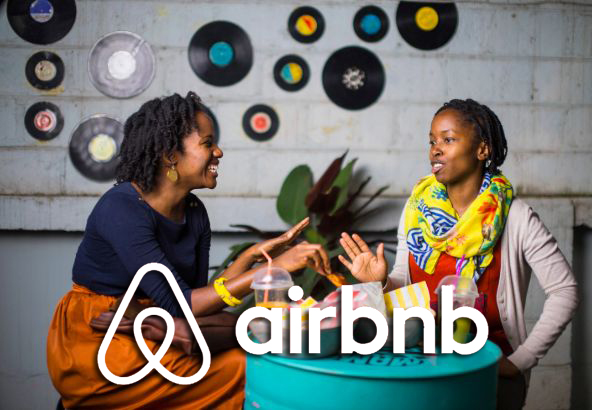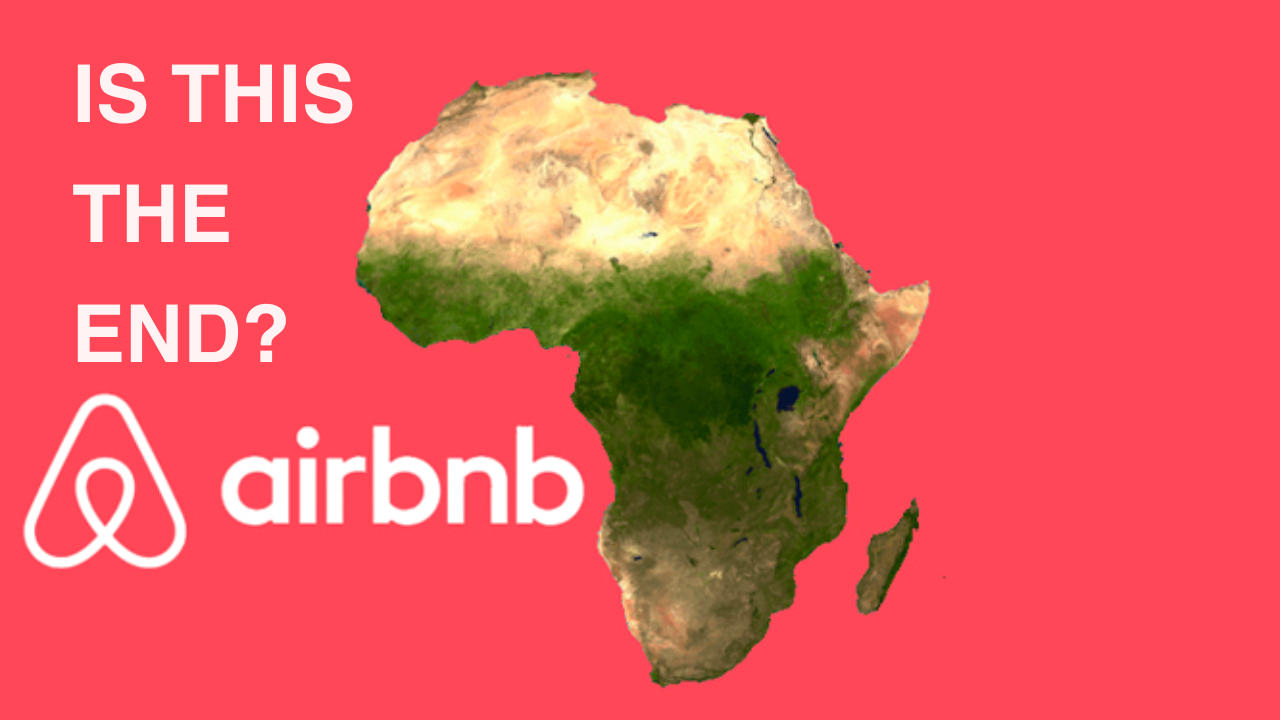Airbnb: A Potential Threat to the Future of African Cities?

Airbnb has become a popular platform for both travellers and hosts alike, offering a variety of unique accommodations and experiences around the world. However, in recent years, Airbnb has also been criticized for its impact on local housing markets, particularly in major cities.
One of the most notable examples of this is New York City, which passed a law in 2018 that prohibits short-term rentals of entire apartments for less than 30 days. This law was passed in response to concerns that Airbnb was contributing to rising rent prices in the city by making it more difficult for locals to find affordable housing.
There is a growing body of evidence to suggest that Airbnb can indeed lead to higher rent prices. A study by the Federal Reserve Bank of St. Louis found that a 10% increase in the number of Airbnb listings in a city led to a 0.4% increase in rent prices. This may seem like a small number, but it can add up over time, especially in cities where rent prices are already high.
There are a few reasons why Airbnb can lead to higher rent prices. First, Airbnb listings often compete with traditional rental properties for tenants. This can lead to landlords raising rents in order to attract tenants. Second, Airbnb can make it more difficult for locals to find affordable housing by reducing the supply of available rental properties. Third, Airbnb can contribute to gentrification by making neighborhoods more desirable to tourists and investors.
The potential impact of Airbnb on African cities is particularly concerning given the rapid urbanization that is taking place across the continent. Many African cities are already facing a housing shortage, and Airbnb could make this problem worse. Additionally, the economic inequality in many African cities is high, and Airbnb could exacerbate this problem by making it more difficult for the poor to find affordable housing.
Here is a case study of how Airbnb is impacting housing prices in Nairobi, Kenya:
- A study by the University of Nairobi found that Airbnb listings in Nairobi increased by 300% between 2016 and 2018.
- The study also found that the average rent price for a one-bedroom apartment in Nairobi increased by 10% during the same period.
- The researchers concluded that Airbnb is a major factor in the rising cost of rent in Nairobi.
This case study shows that Airbnb can have a significant impact on housing prices in African cities. As more and more African cities become popular tourist destinations, it is important to be aware of the potential impact of Airbnb on the local housing market.

Governments in African cities should take steps to mitigate the negative impacts of Airbnb, such as:
- Regulating the number of Airbnb listings in certain areas.
- Requiring Airbnb hosts to register with the government and pay taxes.
- Providing subsidies to help low-income households afford housing.
It is also important for consumers to be aware of the potential impact of Airbnb on local housing markets when making decisions about where to stay. By choosing to stay in traditional hotels or hostels, consumers can help to ensure that the local housing market remains affordable for everyone.
